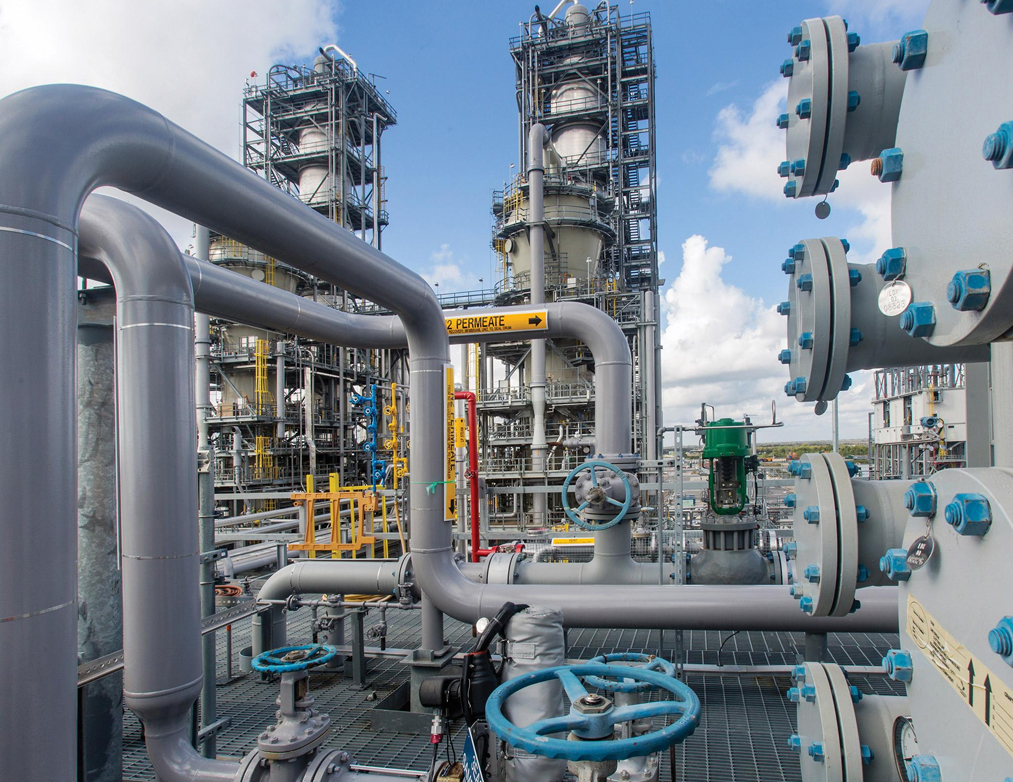English
- Afrikaans
- Albanian
- Amharic
- Arabic
- Armenian
- Azerbaijani
- Basque
- Belarusian
- Bengali
- Bosnian
- Bulgarian
- Catalan
- Cebuano
- Corsican
- Croatian
- Czech
- Danish
- Dutch
- English
- Esperanto
- Estonian
- Finnish
- French
- Frisian
- Galician
- Georgian
- German
- Greek
- Gujarati
- Haitian Creole
- hausa
- hawaiian
- Hebrew
- Hindi
- Miao
- Hungarian
- Icelandic
- igbo
- Indonesian
- irish
- Italian
- Japanese
- Javanese
- Kannada
- kazakh
- Khmer
- Rwandese
- Korean
- Kurdish
- Kyrgyz
- Lao
- Latin
- Latvian
- Lithuanian
- Luxembourgish
- Macedonian
- Malgashi
- Malay
- Malayalam
- Maltese
- Maori
- Marathi
- Mongolian
- Myanmar
- Nepali
- Norwegian
- Norwegian
- Occitan
- Pashto
- Persian
- Polish
- Portuguese
- Punjabi
- Romanian
- Russian
- Samoan
- Scottish Gaelic
- Serbian
- Sesotho
- Shona
- Sindhi
- Sinhala
- Slovak
- Slovenian
- Somali
- Spanish
- Sundanese
- Swahili
- Swedish
- Tagalog
- Tajik
- Tamil
- Tatar
- Telugu
- Thai
- Turkish
- Turkmen
- Ukrainian
- Urdu
- Uighur
- Uzbek
- Vietnamese
- Welsh
- Bantu
- Yiddish
- Yoruba
- Zulu
Telephone: +86 13120555503
Email: frank@cypump.com
Nov . 06, 2024 10:34 Back to list
Innovative Solutions for Sustainable Clean Water Pumping Systems and Technologies
The Importance of Clean Water Pumps in Ensuring Safe Water Supply
Access to clean water is a fundamental human right, yet millions around the globe still struggle to gain reliable access to this essential resource. In many developing regions, the lack of clean water not only jeopardizes health but also hinders socio-economic progress. One of the most effective solutions to this pervasive issue is the implementation of clean water pumps. In this article, we will explore the significance of clean water pumps, their types, benefits, and the challenges associated with their deployment.
Understanding Clean Water Pumps
Clean water pumps are devices designed to facilitate the extraction and distribution of groundwater or surface water for potable use. They come in various forms, including submersible pumps, centrifugal pumps, and hand pumps, each suited for different environments and needs. The choice of pump often depends on factors such as the depth of the water table, the volume of water required, and the socio-economic context of the community.
Types of Clean Water Pumps
1. Hand Pumps Hand pumps are often used in rural areas where electricity is scarce. They rely on manual labor to extract water, making them a cost-effective solution for communities with limited resources. These pumps are durable and can be easily repaired, which is essential in regions with limited access to technical support.
2. Submersible Pumps Designed to operate underwater, submersible pumps are efficient for deeper water extraction. They are typically powered by electricity or solar energy, making them suitable for various settings. Their ability to pump water from significant depths makes them ideal for areas where traditional methods fail.
3. Centrifugal Pumps Centrifugal pumps use rotational energy to move water and are commonly employed in large-scale operations, such as municipal water supply systems. These pumps can handle significant volumes of water and are ideal for urban areas or agricultural purposes.
Benefits of Clean Water Pumps
The installation and usage of clean water pumps yield numerous advantages
clean water pump

1. Health Benefits Access to clean water significantly reduces the incidence of waterborne diseases such as cholera, dysentery, and typhoid fever. When communities have reliable access to safe water, their overall health improves, leading to lower healthcare costs and increased productivity.
2. Economic Development Clean water is vital for agriculture, industry, and daily living. By providing communities with a consistent water supply, clean water pumps support local governance, empower women (who often bear the burden of fetching water), and promote economic development through improved agricultural yields and enhanced local businesses.
3. Environmental Impact Properly managed clean water pumps can also lead to sustainable water use. By facilitating controlled extraction, these pumps help prevent over-extraction and promote responsible water resource management, contributing to environmental conservation.
Challenges in Implementation
Despite their advantages, the deployment of clean water pumps faces several challenges
1. Maintenance and Sustainability Many communities lack the necessary resources or knowledge to maintain clean water pumps. Regular maintenance is crucial, as repairs can be costly and complex. Training local technicians can enhance sustainability and ensure pumps remain operational.
2. Funding and Resources Securing funding for the installation and maintenance of clean water pumps can be difficult, especially in resource-strapped areas. Non-governmental organizations (NGOs) and government bodies must collaborate to create comprehensive funding strategies.
3. Community Participation Successful implementation of clean water pumps requires active community involvement. Without local support and education about the importance of maintaining these systems, projects may falter.
Conclusion
Clean water pumps are a crucial element in the fight against water scarcity and related health issues. By providing safe, accessible water, these systems enable communities to thrive. However, to maximize the benefits of clean water pumps, a holistic approach is needed—one that combines technology with education, maintenance, and community involvement. By addressing these challenges, we can work towards a future where every individual has access to the clean water they deserve, ultimately fostering healthier populations and sustainable communities. Together, we can make strides toward securing the most vital resource on our planet—clean water.
-
ISG Series Vertical Pipeline Pump - Chi Yuan Pumps Co., LTD.
NewsJul.30,2025
-
ISG Series Vertical Pipeline Pump - Chi Yuan Pumps Co., LTD.|energy-efficient fluid handling&industrial durability
NewsJul.30,2025
-
ISG Series Vertical Pipeline Pump - Chi Yuan Pumps | Advanced Engineering&Industrial Efficiency
NewsJul.30,2025
-
ISG Series Pipeline Pump - Chi Yuan Pumps | High Efficiency, Energy Saving
NewsJul.30,2025
-
ISG Series Vertical Pipeline Pump-Chi Yuan Pumps|High Efficiency&Reliable Performance
NewsJul.29,2025
-
ISG Series Vertical Pipeline Pump|High Efficiency&Low Noise
NewsJul.29,2025










